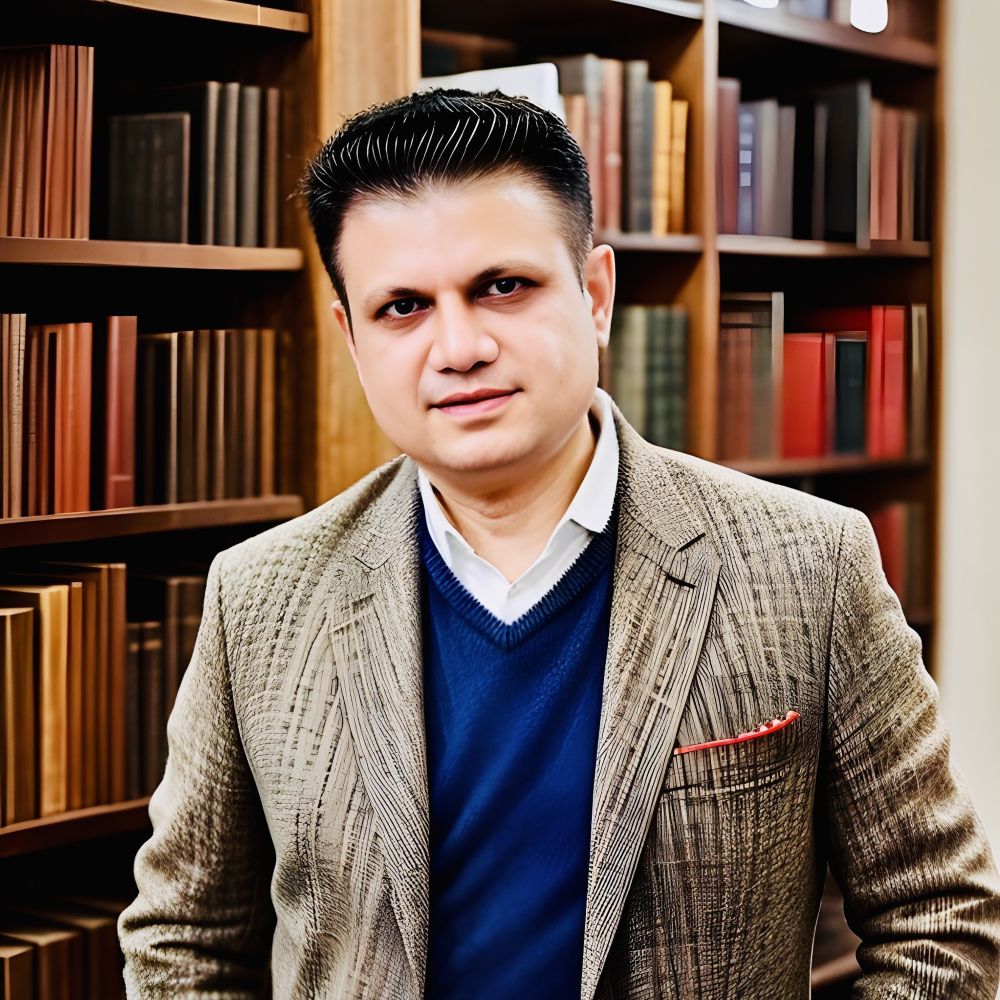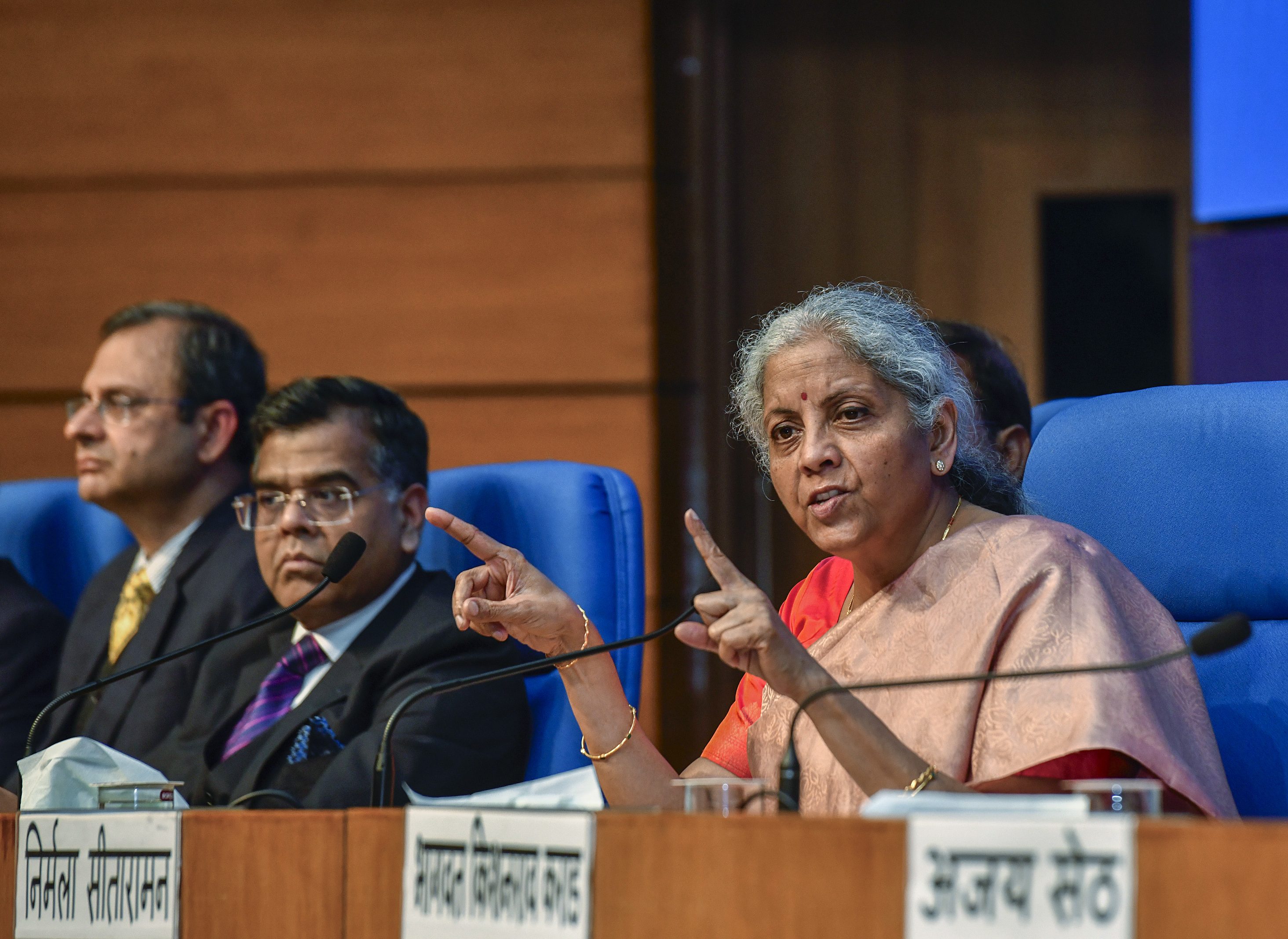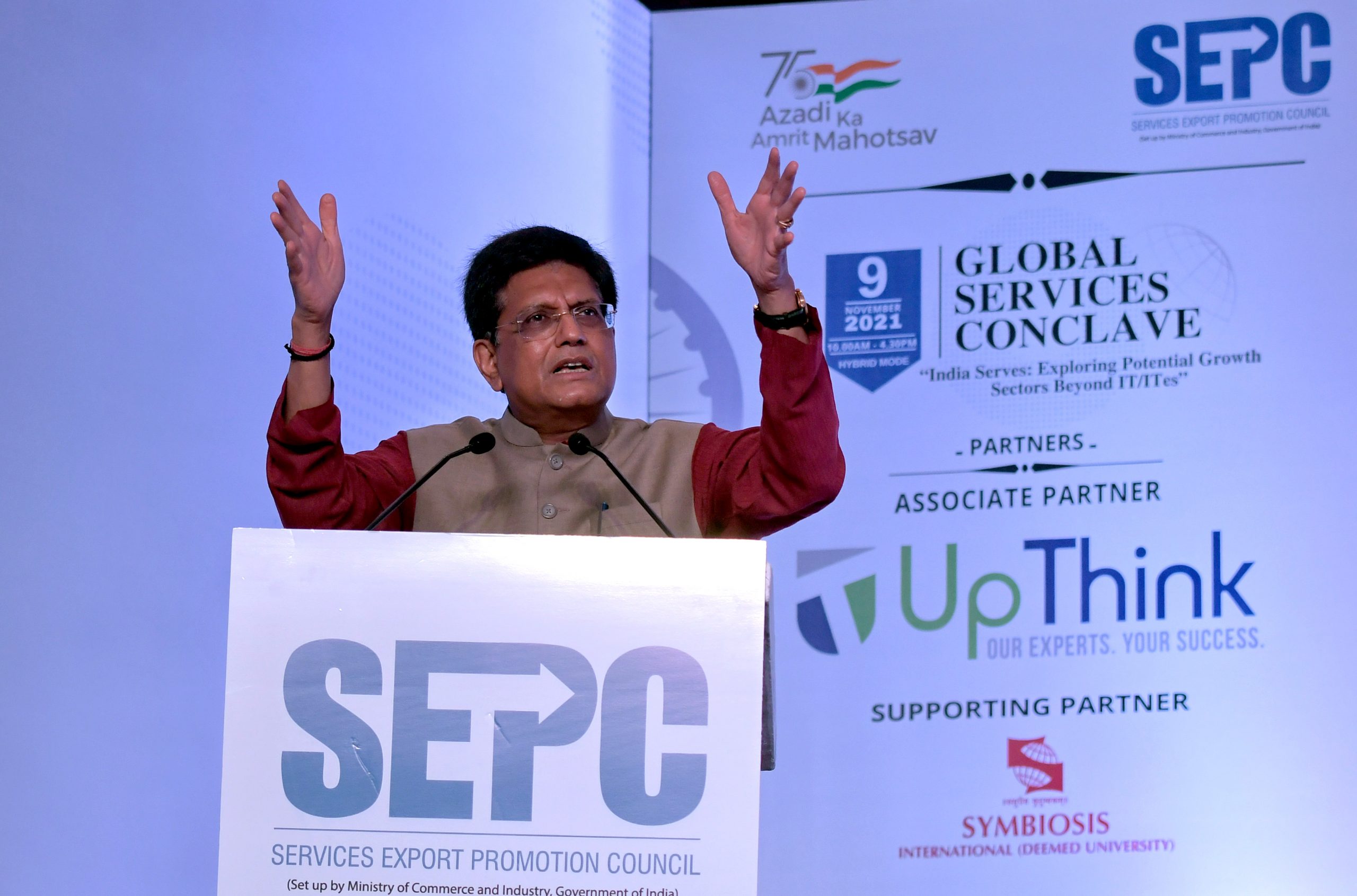Our Bureau
Geneva
A Swiss court on Friday found members of the UK’s wealthiest family guilty of exploiting domestic workers at a luxury villa in Geneva. The court, however, acquitted the family members charged with human trafficking of their servants, The New York Times reported.
On Friday, the court sentenced Prakash and Kamal Hinduja to four years and six months in prison, while Ajay and Namrata Hinduja were sentenced to four years. It also directed them to pay about USD 950,000 in compensation and USD 300,000 in procedural fees.
Prosecutors had charged four members of the UK family – Prakash Hinduja; his wife, Kamal Hinduja; their son Ajay Hinduja; and their daughter-in-law, Namrata Hinduja with trafficking and exploiting several workers from India.
The family members were accused of confiscating the passports of the employees and forcing them to work 16 hours a day or longer without overtime pay in the villa. Lawyers representing the Hindujas had rejected the allegations.
Najib Ziazi, a business adviser for the family who also faced charges, was found complicit in the exploitation. In a statement sent through email, Romain Jordan, a lawyer representing the Hindujas members of the family said they were “disappointed” by the decision and had filed an appeal to a higher court, according to The New York Times report.
The statement further reads, “The family has full faith in the judicial process and remains determined to defend themselves.”
The Hinduja family leads a multinational conglomerate with large holdings in real estate, automotive manufacturing, banking, oil and gas and health care.
The indictment said that they received salaries below Geneva’s minimum wage for domestic workers and money was paid into Indian bank accounts that they could not easily get access to.
A civil case involving the main accusers, who worked for the family, was settled last week, The New York Times reported, citing Swiss news reports. Jordan refused to discuss the terms. He, however, said that the agreement was “confidential” and that the plaintiffs had withdrawn their complaints.

















